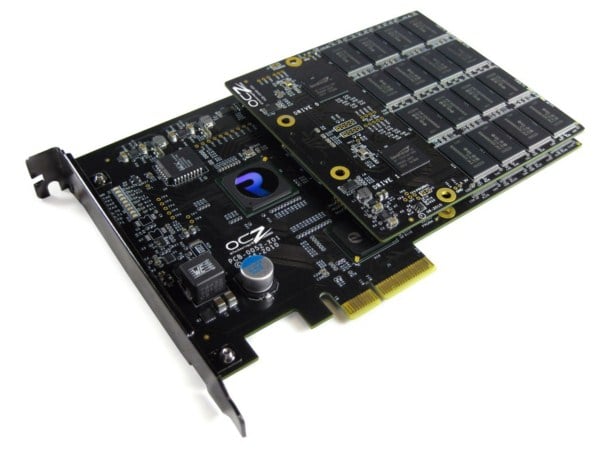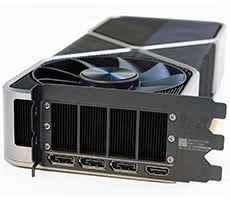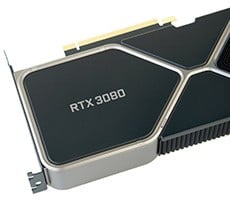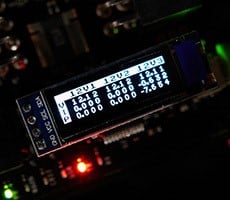OCZ RevoDrive X2 Review: Killer SSD Performance
Performance Summary and Conclusion

Performance Summary:
To be honest, we really didn't expect to see the RevoDrive X2 go toe to toe with the Fusion-io ioXtreme PCI Express-based SSD, but that's exactly what it did and it did so in a smash-mouth sort of fashion, especially when you consider the cost of Fusion-io's competing solution. In many of our tests (ATTO, IOMeter, PCMark Vantage), the RevoDrive X2 punched out better throughput versus even OCZ's own semi-proprietary IBIS SSD product. If there was a single test that we felt characterizes the RevoDrive X2's performance best, we'd say our PCMark Vantage scores are most indicative of the sort of desktop or workstation usage model performance you'll get from this new SSD product. This is simply one of the fastest PCI Express based SSD solutions we've tested to date and its price/performance ratio literally shatters anything we've seen thus far as well.

![]()
$620 or so is still a lot of coin for a 240GB storage subsystem but if you were thinking of going the way of the SSD and you have a spare X4-connected PCIe slot, dropping one of these bad boys into your rig and utilizing it as your boot OS and primary application install volume, will net you a performance kick and system responsiveness quite literally like no other major system upgrade can currently, at least if your running a fairly current midrange or higher-end system.
So where does this leave OCZ's IBIS drive in their line-up? We'd offer that, unless you're looking to setup the IBIS drive in a multi-drive installation, or want the opportunity for expansion down the road, that actually the RevoDrive X2 makes a whole lot more sense for the average end user or single drive workstation solution. Plug in the RevoDrive X2 as your boot drive, then drop in a large, cheap hard drive for bulk storage and you'll be sitting pretty with a storage hot rod under the hood. The IBIS drive, though impressive in its own right, definitely lends itself to higher-end, multi-drive configurations where you would park two or more of them hanging off one of OCZ's multiport HSDL adapter cards.
About the only thing we'd ask for from OCZ is that, at some point, they setup the RevoDrive X2 and their original RevoDriv line, with the ability to purchase a single card initially and then plug on another SSD daughter card (as was the case with the configuration of the product we tested), so that users can upgrade to RevoDrive X2 performance and capacity down the road. Apparently, the production version of the first gen RevoDrive we tested, doesn't come with the mezzanine card connector we had on our engineering sample. It's a business model that makes sense to us. Giving customers more choice for expansion down the road is always a good thing.
Regardless, we'll offer up a big, proverbial pat-on-the-back to OCZ for delivering the RevoDrive X2 240GB to market and have no reservations whatsoever giving it our Editor's Choice award for product innovation and excellence.

|
|
|
|
|






